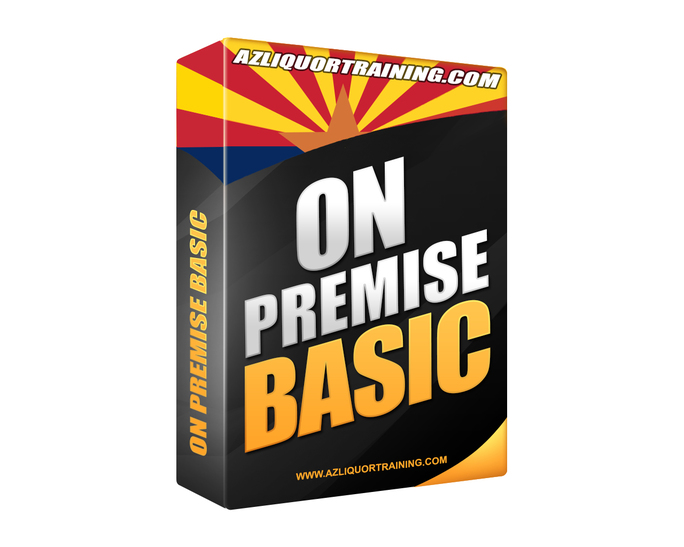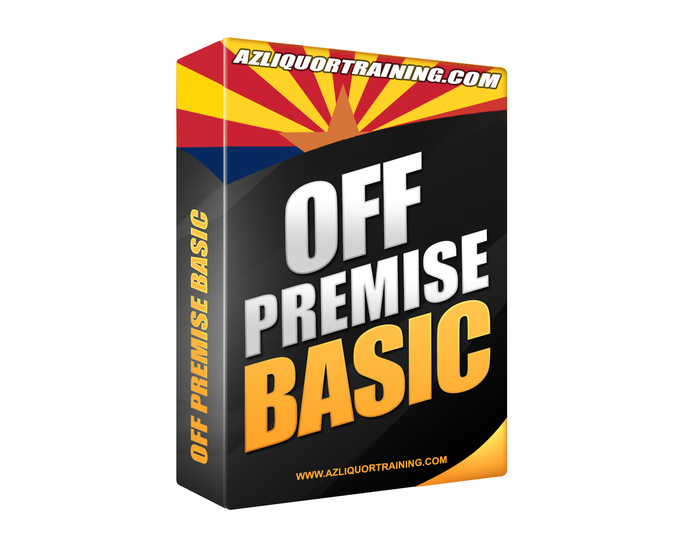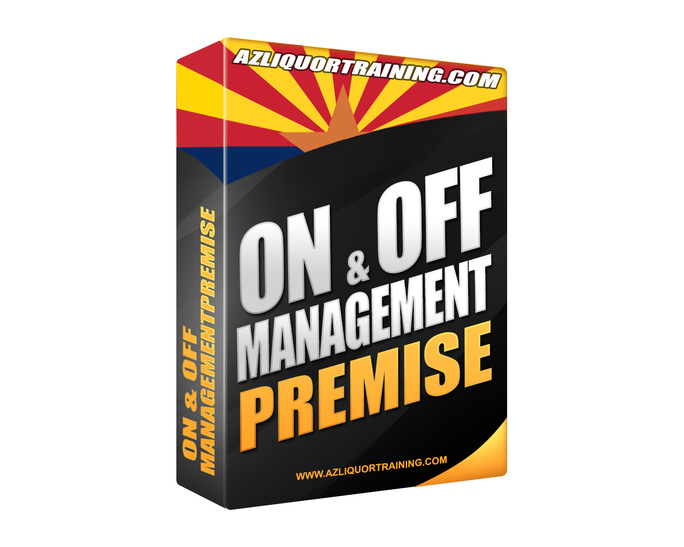
Licensee's Responsibility
The law states it is the Licensee's responsibility to ensure each employee handling spirituous liquor knows Arizona liquor law.Mobile Friendly
Responsive media players is a mobile-friendly rich media widget, designed to provide our customers with a superb user and viewing experience. It allows to our customer able to take our sale courses by anywhere or anytime with their laptop, the tablets, smartphone, or any other screen size or portable deviceLearn From Over 30 Years Of Experience
Learn from over 30 years of experience on the laws and regulations that alcohol service in Arizona. Whether you own or work for a bar , restaurant, liquor store, grocery market, c-store or a big-box store you are charged with knowing the laws.Information is power!
The DLLC and your local police department know the laws that govern your business -- you and everyone who works for you need to have the same knowledge. Information is power!Online Demo No Download Required!
You can view an online demonstration of our liquor-training courses without having to download a thing!
On Premise Courses:
(Bar | Hotel | Resturaunt)
Off Premise Courses:
(Grocery Stores | Convenience Stores | Liquor Stores)
On Premise Basic course ( 3 hours)

Covering Liquor Licenses 3, 5, 6, 7, 11, 12, 14 and 15 This course covers the basic training and techniques involved allowing you to become a responsible seller of spirituous liquors. Servers, wait staff, bar tenders and managers typically are required to take this course. Topics covered range from; the role and organizational makeup of the DLLC, potential risks to the licensee as well as the server, laws regarding establishments serving spirituous liquor, laws regarding age, the checking of ID’s, learning how alcohol affects an individual, how to recognize the effects of alcohol in an individual, preventing individuals from becoming intoxicated, along with the refusing of a sale to an individual.
Off Premise Basic course (2 hours)

Covering Liquor Licenses 9 and 10 (18 & 19) This course covers the basic training and techniques involved allowing you to become a responsible seller of spirituous liquors. Cashiers, clerks and managers typically are required to take this course. Topics covered range from; the role and organizational makeup of the DLLC, potential risks to the licensee as well as the server, laws regarding establishments serving spirituous liquor, laws regarding age, the sale of spirituous liquor to underage, the checking of ID’s, sales to intoxicated individuals, sale of “broken packages”, sale during restricted hours, second party sales and handling problem situations.
On/Off Premise Management (2 hours)

Covering All Liquor Licenses This course covers the management training and techniques involved allowing you to become a responsible seller of spirituous liquors. Head servers, primary full time wait staff, bar tenders and managers as well as full time cashiers and clerks typically are required to take this course. Topics covered range from; law enforcement, liability, coverage of the licensed premises, posting, requirements of a “manager”, record keeping, general business practices, inducement, legal serving limits and disorderly conduct and acts of violence for On Premise staff as well as law enforcement, liability, coverage of the licensed premises, posting, requirements of a “manager”, record keeping, general business practices, inducement, “broken packages” and second party sales for Off Premise staff.


